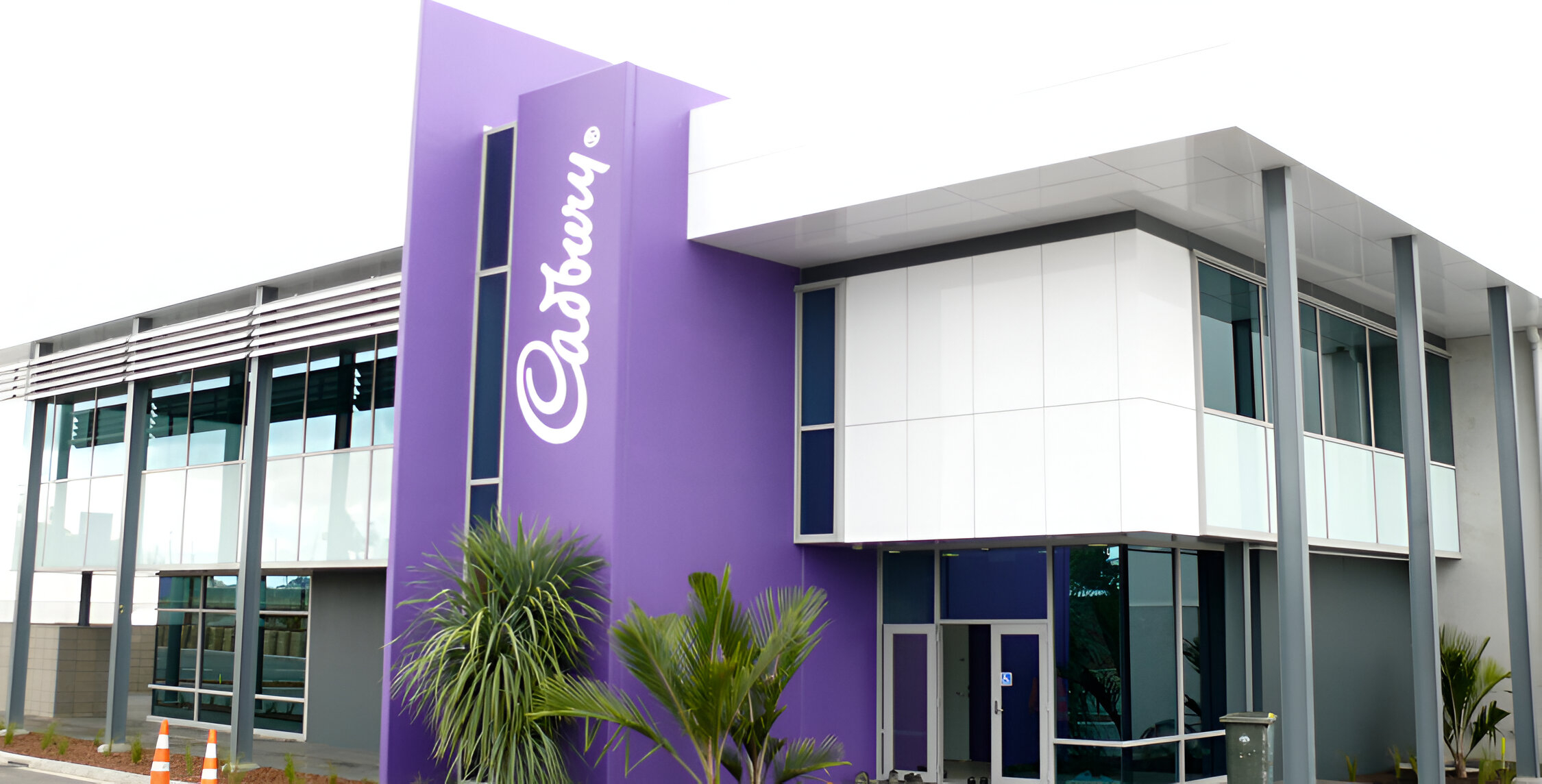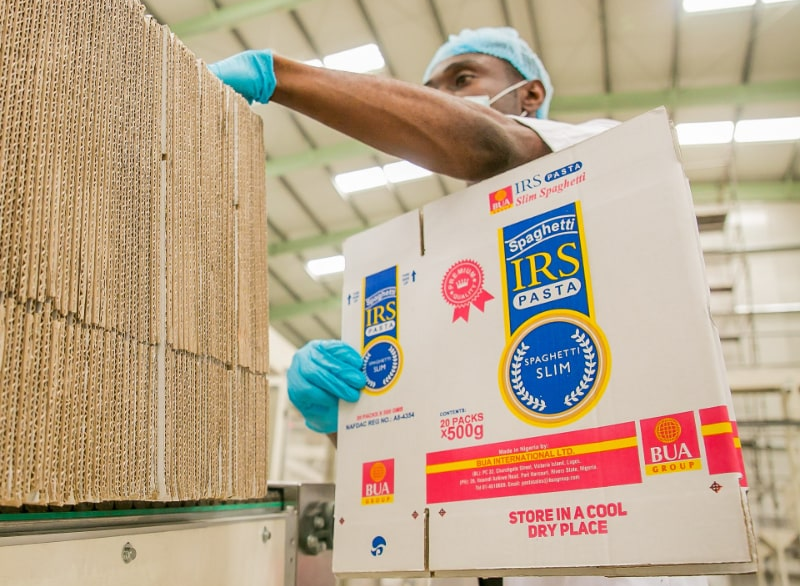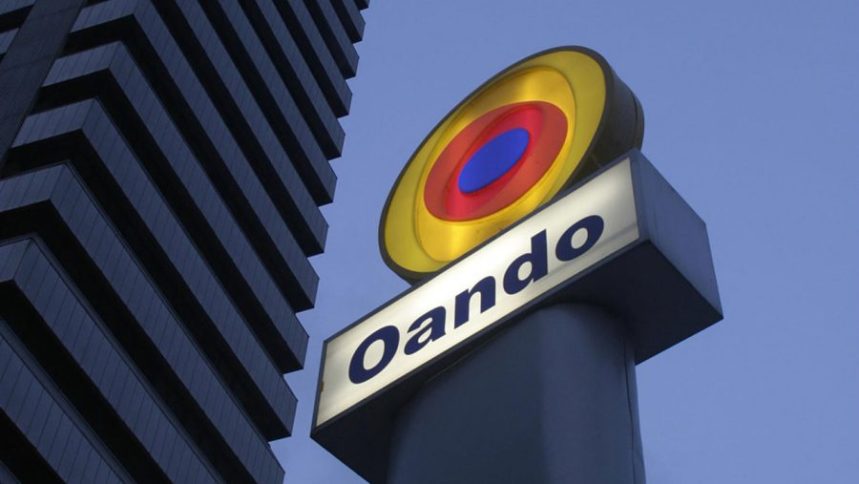The Real Estate sector in Nigeria is poised for significant growth, riding on three key drivers; peri-urban development, fractional ownership and cost-effective sustainability innovation, THISDAY has learnt.
This was the consensus among experts who converged at the first quarter Detail Commercial Solicitors Business Series which held, Thursday, in Lagos.
The CEO Abbey Mortgage bank, Mr Mobolaji Adewumi, leading the discourse stated that investment in infrastructural development in peri-urban communities play a significant role in easing off rural-urban drift, encouraging even distribution of affordable housing and widening the investment basket in the real estate sector.
He said: “Until the infrastructure problem is sorted, we will continue to have that pressure in urban communities. People who migrate to urban areas do so because they’ve seen developments move to those areas.
“Building a bridge across a peri-urban community and a fully urban community separated by a large expanse of water, for example, could significantly reduce travel time for commuters, allowing peri-urban dwellers to live in affordable neighborhoods while maintaining their quality of life. When such things happen, the pressure you have on people wanting to stay in Urban centres is pretty much reduced,” he said
.
On his part, the CEO Mixta Africa, Mr Deji Alli, noted that the devaluation of the naira alongside widening inflation and interest rates has reduced earning and purchasing power putting a strain on investors ability to deploy resources into the Sector hence the need for a new approach to home ownership.
In Alli’s submission, he opined that fractional ownership through crowd-pulled funds will fill existing market gaps and broaden the off taker base of real estate products and services.
“The income gap that has arisen on the back of global inflation and cost of building material puts fractional ownership of homes as a more effective choice for investors. This will drive home ownership and access and in an interesting and creative way real estate can be financed. This will expand the bracket of those that are participating in this market and pull from other sources into real estate.
Meanwhile, the CEO UPDC PLC, Mr Odunayo Ojo, explained that while the new environmental fad highlights technological innovation and highly priced gadgets in modern housing, sustainable innovation can be deployed while cutting off excess cost.
To maximize resources, he noted that an approach to sustainability which does streamlines building cost while encouraging sustainability should be adopted. He said: “Sustainability can be inexpensive. Simple decisions like where the materials are coming from, how are they are being transported to site and the impact on the environment can make a huge difference.”
Ojo also harped on the need for developers to invest in peri-urban infrastructure to make them more attractive thus shift the attention of urban dwellers towards these areas which are less priced.
On her part, Partner Designate, Detail Commercial Solicitors, Adewunmi Alade speaking on the sidelines of the event noted that discussion is a timely one as it addresses a very topical issue in modern-day Nigeria: housing. She added that the nuggets shared by experts are valid as they profer solutions to areas which has since needed attention.




